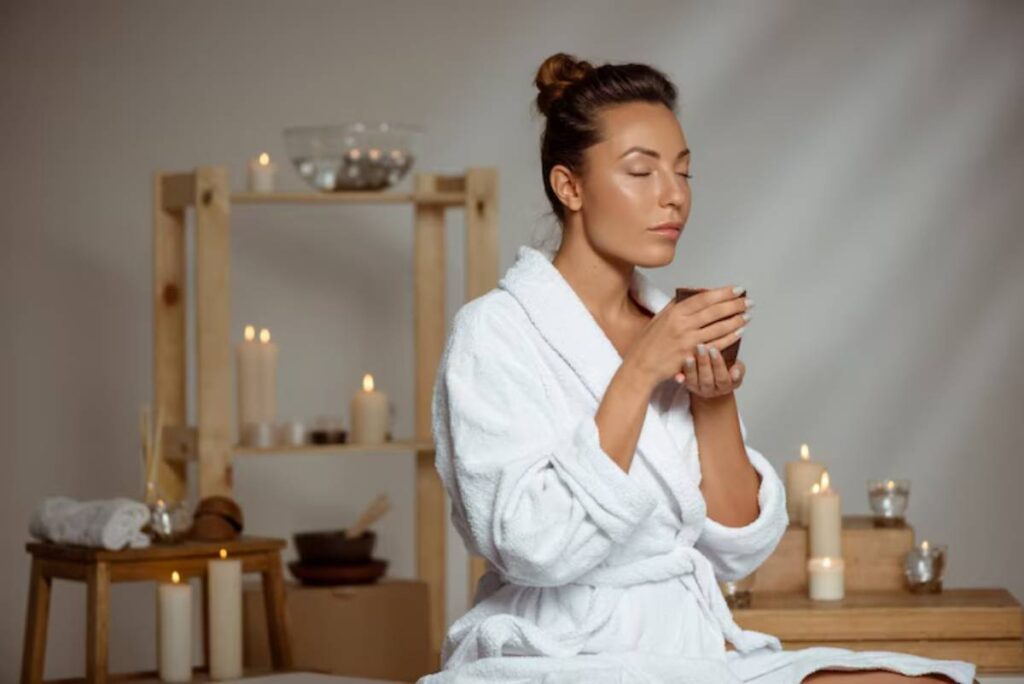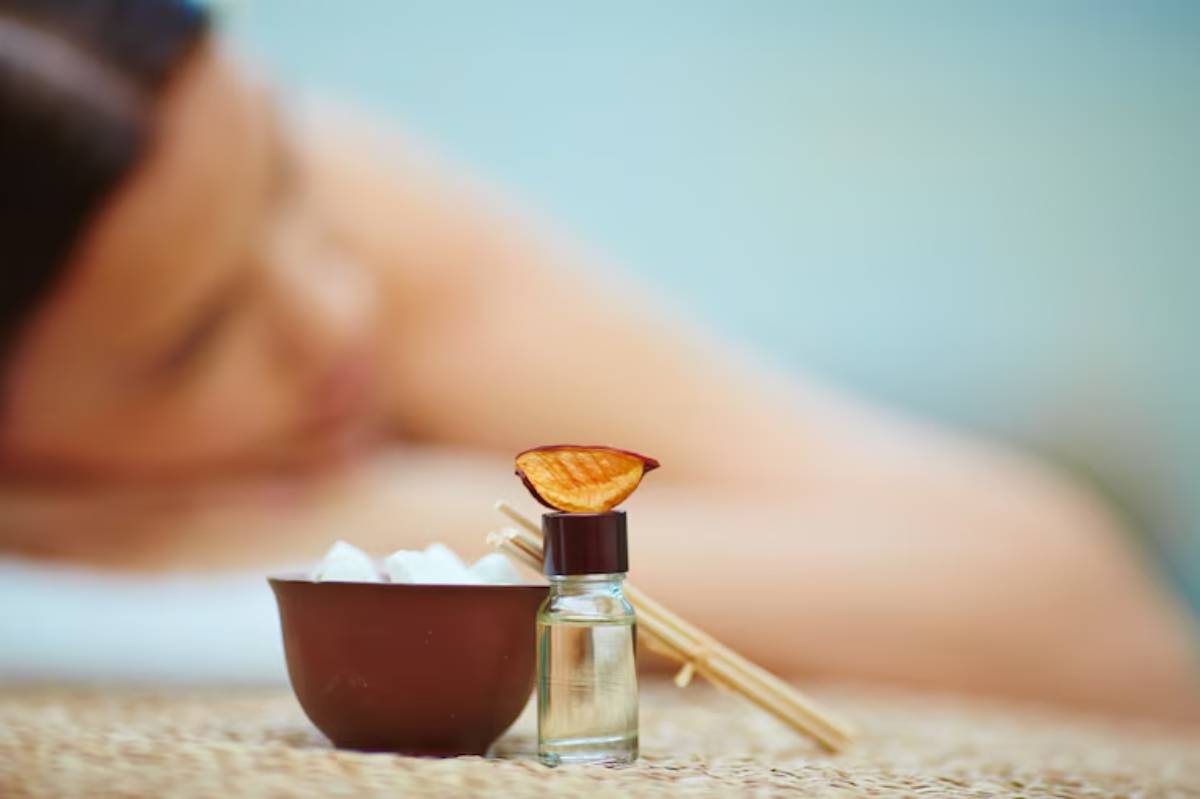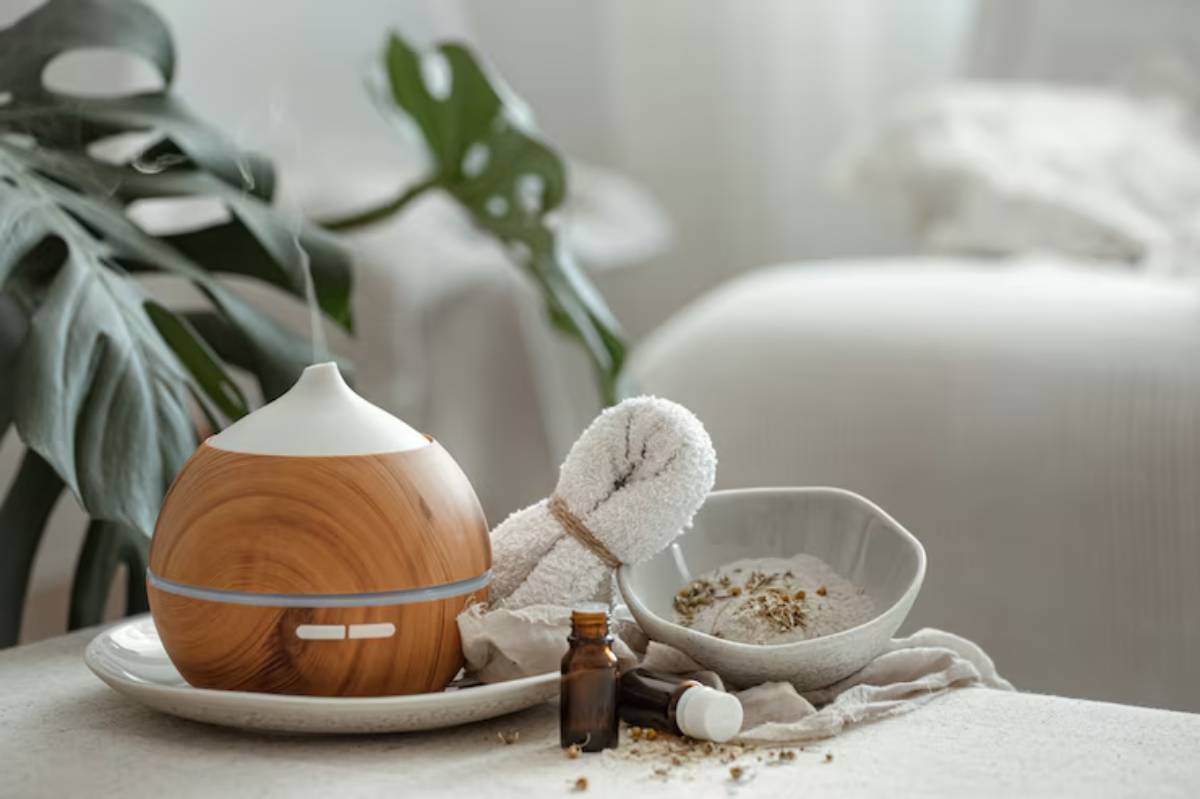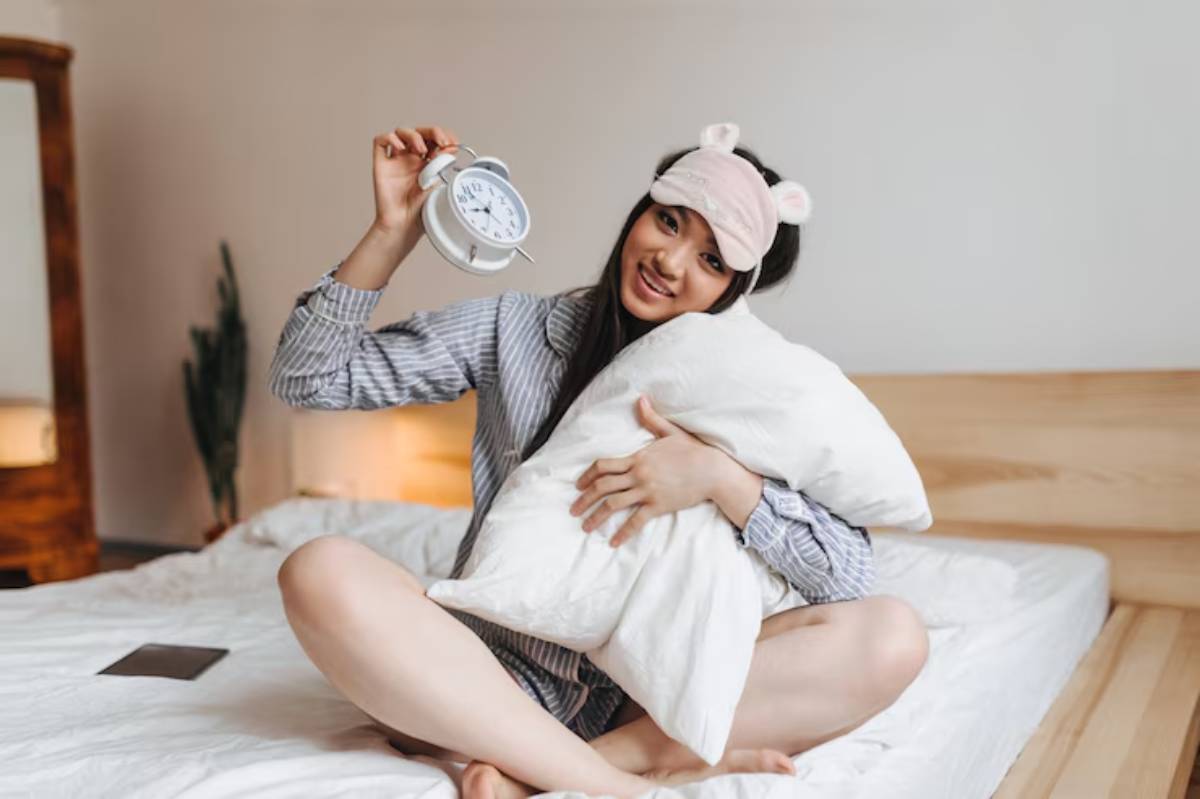The Health Blog

How to Use Aromatherapy to Enhance Sleep Quality
A good night’s sleep is essential for health, energy, and mood. Yet many people struggle to unwind or drift off naturally. That’s where aromatherapy can help.
Using the power of plant-based essential oils, you can create a calming bedtime ritual that promotes deep, restful sleep. This guide shows you how to explore aromatherapy for sleep, safe essential oils usage, and proven methods for natural sleep enhancement.
Pro Tip: Scent influences emotions faster than any other sense. A simple fragrance can signal your brain to relax and prepare for sleep.
Quick Guide: Why Aromatherapy Helps Sleep

- Calms the nervous system
- Lowers heart rate and blood pressure
- Reduces stress and anxiety
- Creates a soothing bedtime routine
- Encourages deep, uninterrupted sleep
Important: Aromatherapy should support good sleep habits—not replace them. Combine with a quiet, dark, and cool room for best results.
Step-by-Step: How to Use Aromatherapy for Better Sleep

Step 1: Choose the Right Essential Oils
Some essential oils are especially known for their calming, sleep-enhancing properties.
| Oil | Sleep Benefit |
| Lavender | Reduces anxiety, slows heart rate |
| Chamomile | Calms nerves and eases tension |
| Bergamot | Lowers stress and blood pressure |
| Cedarwood | Grounds the mind, aids relaxation |
| Ylang Ylang | Eases emotional tension, promotes tranquillity |
| Vetiver | Deeply calming for racing thoughts |
| Clary Sage | Balances hormones and reduces insomnia |
Quick Tip: Always buy oils labelled “pure essential oil” with no synthetic additives.
Step 2: Select Your Application Method
There are many ways to experience essential oils before bed.
| Method | How to Use |
| Diffuser | Add water and 4–6 drops of oil; run for 30 mins before bed |
| Pillow mist | Combine oil and water in spray bottle; lightly mist pillow |
| Bath | Mix 5–8 drops with carrier oil and swirl into warm bath |
| Massage | Blend 2–3 drops with carrier oil (like almond or jojoba) and massage onto feet or neck |
| Cotton ball | Place 1–2 drops on a cotton ball by the bed |
Pro Tip: Never apply undiluted essential oil directly to your skin.
Step 3: Create a Bedtime Aromatherapy Ritual
Consistency helps your body recognise it’s time to relax.
Ideas for a nightly routine:
- Dim lights 30 minutes before bed
- Play soft music or nature sounds
- Add calming scents to a diffuser
- Stretch or practise gentle yoga
- Read or journal while inhaling relaxing aromas
Sustainability Note: Choose reusable glass diffusers or bottles and avoid single-use wipes or plastic sprays.
Step 4: Use Blends for Maximum Benefit
Blending oils can enhance their effects.
| Blend Idea | Oils |
| Classic Sleep | Lavender + Chamomile |
| Deep Relaxation | Cedarwood + Vetiver + Lavender |
| Anxiety Ease | Bergamot + Ylang Ylang |
| Hormone Harmony | Clary Sage + Lavender |
Quick Tip: Start with only two oils. Add a third only if you love the initial result.
Step 5: Understand Safety and Dosage
Essential oils are powerful. A little goes a long way.
Safety guidelines:
- Never ingest essential oils
- Keep oils out of reach of children and pets
- For skin use, dilute 1–2 drops per tablespoon of carrier oil
- Do a patch test before applying to skin
- Avoid diffusing continuously all night—use a timer or stop after 30 minutes
Pro Tip: Pregnant or breastfeeding individuals should check with a healthcare provider before using certain oils.
Additional Ways to Enhance Sleep Naturally

Aromatherapy works best as part of a full sleep strategy.
- Avoid screens for at least 30 minutes before bed
- Keep your bedroom dark and cool (16–19°C recommended)
- Follow a regular sleep schedule
- Reduce caffeine after midday
- Use white noise or calming nature sounds
Quick Tip: Even simple habits like changing pillowcases regularly or keeping clutter out of your bedroom can improve sleep quality.
Common Mistakes to Avoid
| Mistake | Solution |
| Using too much oil | Less is more. Strong scents can be stimulating, not calming |
| Applying oil directly to skin | Always dilute with a carrier oil |
| Diffusing poor-quality oils | Choose trusted, high-quality brands |
| Skipping a consistent routine | Repetition builds stronger sleep signals |
| Using daytime energising oils at night (e.g. peppermint) | Stick to relaxing oils for bedtime |
Frequently Asked Questions
Does aromatherapy work for everyone?
It varies. Many people report improvements in sleep, but not all respond the same way. Experiment to find your best combination.
How long should I run my diffuser?
15–30 minutes before sleep is usually enough. Avoid running it all night.
Can I use aromatherapy if I share a room?
Yes, but always check for allergies or sensitivities first.
What is a carrier oil?
A gentle oil (like almond, jojoba, or coconut) used to dilute essential oils before applying to skin.
Are there any oils to avoid for sleep?
Yes. Peppermint, rosemary, and eucalyptus can be stimulating. Save them for morning use.
Calm Your Senses, Improve Your Sleep
Aromatherapy is a simple, natural way to support relaxation and create a calming bedtime routine.
By choosing the right oils, using them safely, and combining them with healthy sleep habits, you can experience real natural sleep enhancement. Explore the power of aromatherapy for sleep and master safe essential oils usage to help your body and mind drift off peacefully.
Breathe deeply. Relax fully. Sleep soundly.









